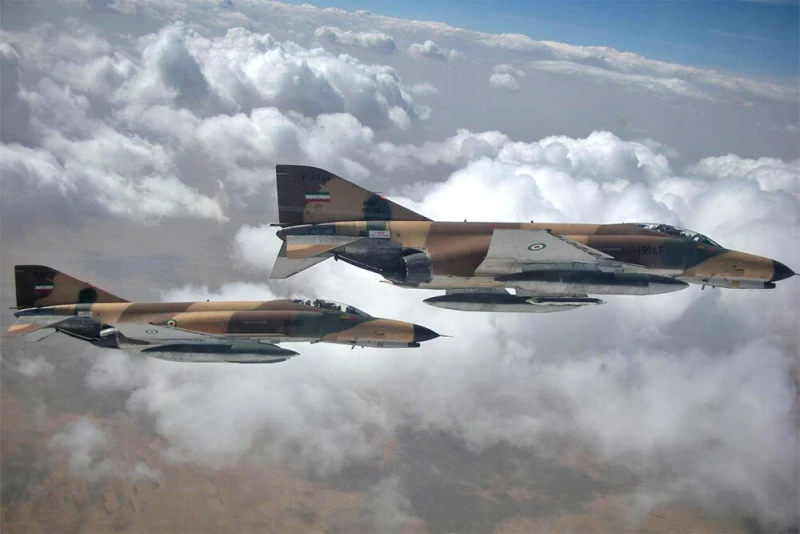ERBIL, Kurdistan Region of Iraq - Iran’s ambassador to the UN said on Friday that Tehran will “never surrender to threats or coercion” and defended its decision to suspend cooperation with the International Atomic Energy Agency (IAEA) following Israeli and US strikes on Iranian nuclear facilities, calling for the agency’s reports to remain “professional, fact-based, and free from any political influence.”
The UN General Assembly on Friday adopted a resolution reaffirming strong support for what it called the IAEA’s “indispensable role” as it wrapped up resumed debates on the agency’s work and that of the International Court of Justice, read a statement.
Russia and the US voted against the resolution, the latter of whom opposed the inclusion of a portion of the text titled “Women in the Secretariat” on the grounds that it introduces bias in the Agency’s hiring process, while 146 countries supported it and Iran abstained, saying the measure failed to address the issue impartially.
“Iran will never surrender to threats or coercion. Our response is only respect, rule of law, and equality. Military aggression and economic terrorism will never force Iran to give up its legitimate rights,” Iran's UN ambassador Amir Saeid Iravani said following the resolution, the semi-official Tasnim News Agency reported.
He further stressed that IAEA reports “must always remain professional, fact-based, and free from any political influence; [because] the credibility of the Agency depends entirely on their impartiality.”
Iran announced in early June that it had suspended its cooperation with the IAEA, coming after a 12-day-long conflict with Israel that saw Israeli and US strikes on Iranian nuclear facilities.
Iranian officials strongly criticized the IAEA for not issuing a condemnation of the attacks and for adopting a resolution in mid-June that accused Iran of failing to comply with its nuclear obligations.
Iravani stressed that the suspension of the agency’s cooperation with Tehran was “a direct consequence of these armed attacks,” adding that the responsibility for this situation lies with the US and Israel.
He further condemned recent international sanctions on the country, citing the Memorandum of Understanding signed in Cairo with Director General of the International Atomic Energy Agency (IAEA), Rafael Grossi, in early September, aimed at addressing challenges.
Under the MoU, the IAEA was supposed to have access to all Iranian nuclear facilities.
He said, “Unfortunately, this positive development was immediately undermined by the hostile actions of the United States and three European countries, which continue to block any diplomatic initiative, including the balanced proposal of China and Russia in the Security Council.”
The UN in September formally reimposed a global arms embargo and other sanctions on Iran via the snapback mechanism, which was activated by the Joint Comprehensive Plan of Action (JCPOA) signatories Britain, France, and Germany.
The UN nuclear watchdog on Wednesday told AP it has been unable to verify Iran’s near weapons-grade uranium stockpile since June strikes by Israel and the United States, warning it “lost continuity of knowledge” of nuclear inventories and that the issue must be “urgently addressed.”



 Facebook
Facebook
 LinkedIn
LinkedIn
 Telegram
Telegram
 X
X


